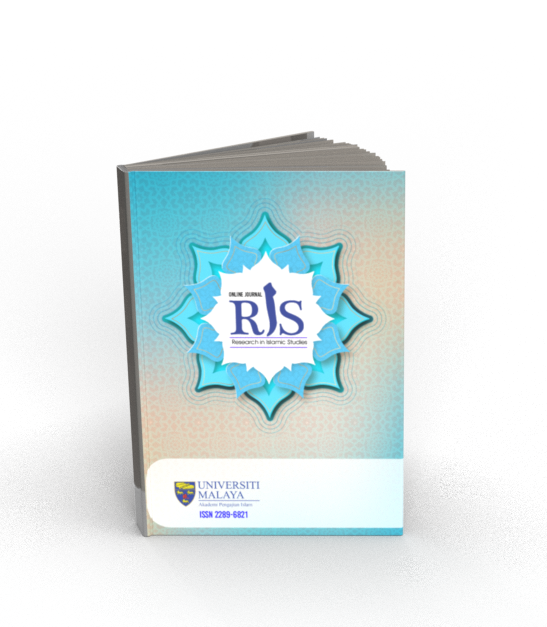Main Article Content
Abstract
Nowadays, internet is considered one of the important mediums for delivering and spreading information. The platform for delivering information through internet is seen as more effective and comprehensive compared to others, as it can be said that almost every member of society now owns a smartphone and has access to all the information within it. In the context of religion, internet platforms are also seen as a primary medium for delivering and disseminating information to the public. However, some of the information spread through this medium is seen as lacking clear religious backing. One of the practices detected spreading through this platform without clear religious support is the practice of attracting prosperity. In this regard, this study will examine the credibility of the sources and the legal (hukm) status of some practices related to seeking sustenance that have spread on the Internet. This study is entirely qualitative and involves data collection through a literature review. The data found will be analyzed using document analysis methods. The findings of the study show that at least four legitimate practices for attracting prosperity exist, namely seeking forgiveness (istighfar) and repentance (taubah), maintaining family ties (silaturahim), piety towards Allah (taqwa), and increasing prayers. Meanwhile, there are five practices for attracting prosperity that have spread on the Internet. After conducting the analysis, it was found that none of these five practices are based on authentic and authoritative sources. Therefore, these practices cannot be indiscriminately associated with any religious source. However, these practices can still be generally practiced, without associating them with any specific methods or benefits, as most of them involve reciting Quranic verses and prayers (du’a), both of which are indeed encouraged in Islam.
Keywords
Article Details
Copyright (c) 2024 Online Journal of Research in Islamic Studies

This work is licensed under a Creative Commons Attribution-NonCommercial 4.0 International License.
Copyright Notice
By submitting manuscripts to the Online Journal of Research in Islamic Studies (RIS), authors agree to transfer copyright to the journal. However, authors may republish their work or grant others permission to republish it; in which case it should be accompanied by a proper acknowledgment that the work was originally published in the Online Journal of Research in Islamic Studies (RIS). The journal adopt CC-BY-NC licence which authors may also share and distribute their article anywhere of non-commercial website, social media and repositories immediately on publication.
Authors may also reuse the Abstract and Citation information (e.g. Title, Author name, Publication dates) of their article anywhere at any time including social media such as Facebook, blogs and Twitter, providing that where possible a link is included back to the article on the journal site.
